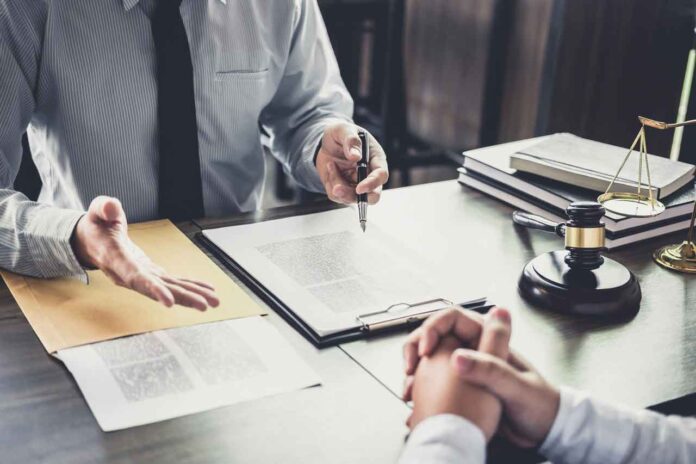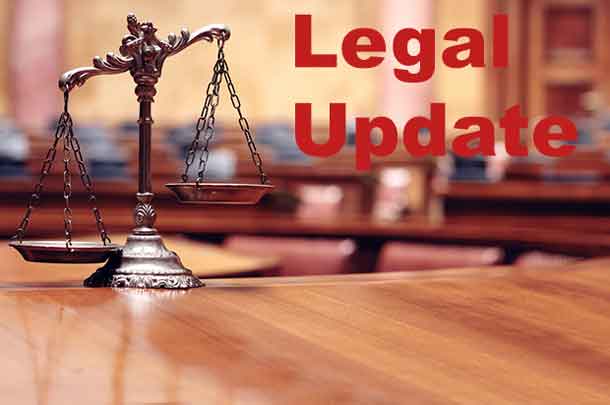Even though it seems impossible, you or a loved one may become a victim of gun violence at some point in your life.
Gun violence places an unsustainable burden on victims, their families, and the community at large. Life can be especially difficult for victims and those who care about them because of the lifelong disabilities, trauma, and loss of income that survivors experience as a result of shootings.
In this article, we will go over the steps that you need to take in the aftermath of an accident involving a gunshot injury.
Get Away from the Threat As Soon As Possible
First and foremost, you should be concerned for your safety. Your survival is the most important thing if you’re shot. If you don’t take care of yourself in a stressful situation, no one else will watch out for you. Maintain the highest level of situational awareness and do everything in your power to get yourself to a safe location as soon as possible. It is not true that the majority of shootings are mass shootings in which the perpetrator walks in with the intent to kill several people. The vast majority of shootings result from failed robberies, assaults on specific individuals, or accidents. As a result, getting to a secure location will be easier than it appears.
Seek Medical Attention
There isn’t time to be a hero right now. If you are in pain or unsure if you were injured after the gunshot accident, seek medical attention. Pride, fear, and inconvenience should not serve as excuses. Seeking medical attention as soon as you notice any pain or suspect injury from the gunshot accident is crucial. Waiting to seek medical attention for your injuries could severely limit your legal rights. This is because insurance companies frequently argue that not seeking medical attention at any time or sooner indicates that your injuries are not as severe as you claim.
Call 911
After that, call the police in your area and notify the dispatcher that an accident has occurred. You should also provide information about your current location.
Cooperate with the officer reporting the accident and provide information as requested once the police arrive at the scene. The officer in charge of reporting the accident will compile a report, which may contain information relevant to your case.
Apply Pressure to a Wound to Slow Blood Loss
If you were shot in an arm or leg, use your clothing as a tourniquet to reduce blood flow. You should be careful not to apply so much pressure that you completely block the flow of blood to your limb. If you completely cut off the blood supply to the limb for an extended period, it could lead to tissue death. Although this is preferable to death, it is not the best option if it can be avoided. If you had applied a little less pressure, you could have survived with all of your limbs, and you don’t want to lose an arm or a leg.
Document the Evidence
Documentation is required for any claim involving a gunshot accident. Immediately after the accident, try writing down some notes or recording a voice memo on your phone to capture everything you remember. Note any obvious signs of injury that you or others are experiencing, such as pain, bleeding, or any other symptoms that are not immediately apparent.
If you can move around safely, try to take photos or videos of the area where the gunshot accident occurred. These mediums may contain additional information or context that you were not previously aware of.
Consult an Experienced Gunshot Injury Attorney
It can be extremely difficult to navigate the aftermath of a gunshot accident, especially when it comes to documenting evidence and understanding the legal implications of the situation. You should consult with a gunshot injury lawyer with experience in the field to protect your rights. If hired, a lawyer can advise you on what to do, where to find more evidence, and how to build a strong case.
Conclusion
Being in a gunshot accident can be terrifying and stressful. However, following these steps will help you handle the aftermath. Being well-prepared can save you time, money, and unnecessary stress in a variety of situations, such as ensuring everyone’s safety, dealing with insurance companies, and considering different options. Remember that it is critical to maintain composure and concentration following an accident. What you do immediately after the incident greatly influences both your life and the outcome of your claim.







